E-democracy: an urgent need or a tribute to fashion? Legal analysis
DOI :
https://doi.org/10.34069/AI/2022.51.03.24Mots-clés :
public administration, e-democracy, e-technologies, e-government, electronic court, justice.Résumé
The development of the information society and the strengthening of e-democracy have already become an important priority for many countries around the world at the present stage of development. The implementation of this priority implies open and transparent public administration, and thus the transformation of political institutions and processes and the introduction of new forms of government. It is meaningful to analyze the concept of “e-democracy” and to understand the importance of ensuring this in the mechanism for the democracy of each individual state. The object of research is the legal analysis of e-democracy in view of the legal realities of foreign countries. The aim of the article is a legal analysis of the concept of "electronic democracy", including problematic issues of implementation of this mechanism, in order to understand whether this mechanism is an urgent need, or is a tribute to fashion and trends in the world practice. During the study, the following methods were used: systemic, systemic-functional, comparative, sociological, analysis, synthesis, analogy, observation, classification, statistical analysis. The article analyzes the phenomenon of e-democracy, identifies the main approaches to understanding it. On the example of international experience the mechanisms of e-democracy and the peculiarities of e-government are identified. There are propositions to improve the domestic legal mechanism for e-government in the article.
Téléchargements
Références
Barikova, A.A. (2016). E-government: a new efficiency of government. Kyiv: Jurinkom Inter. Recovered from https://www.twirpx.com/file/3417637/
Bryzhko, V., Tsymbalyuk, V., Shvets, M., Koval, M., & Bazanov, Yu. (2006). E-future and information law. Kyiv: NDTSPI APrN of Ukraine. Recovered from https://library.nlu.edu.ua/POLN_TEXT/Zurnal/NO_BOOK/E_majbutn.pdf
Chukut, S.A. (2008). E-democracy: essence and main stages. Domestic and foreign experience in implementing e-government. [File PDF] Recovered from https://ktpu.kpi.ua/wp-content/uploads/2014/09/CHukut_Elektronna-demokratiya_Etapi-rozvitku_9_11_17.pdf
Dekalyuk, O.V. (2020). The concept of e-government in the practice of foreign countries. Economics and Entrepreneurship, 4, 43-47. Recovered from http://www.econom.stateandregions.zp.ua/journal/2020/4_2020/10.pdf
Emelyanova, A., & Loboyko, S. (2020). Index of local e-democracy in Ukraine. Innovation Development Center. Recovered from https://cid.center/edemindex/
Ishchenko, V.M. (2012). International experience in implementing e-government. Governance, 4, 26-30. Recovered from http://pa.stateandregions.zp.ua/archive/4_2012/5.pdf
Konashevska, K.V., & Kiselyova, O.L. (2017). Implementation of the experience of developing e-democracy in Japan and New Zealand in Ukraine [File PDF]. Recovered from https://ktpu.kpi.ua/wp-content/uploads/2017/02/Konashevska_Kiselova_Mehanizmi-derzhavnogo-upravlinnya.pdf
Konstantinovskaya, A.K. (2018). Features of the introduction of e-government in Ukraine. Mechanisms of public administration, 6, 47-50. Recovered from http://www.pubadm.vernadskyjournals.in.ua/journals/2018/6_2018/12.pdf
Mezentsev, A.V. (2015). E-government, e-democracy - approaches to definitions. Theory and practice of public administration, 1, 64–69. Recovered from http://www.irbis-nbuv.gov.ua/cgi-bin/irbis_nbuv/cgiirbis_64.exe?C21COM=2&I21DBN=UJRN&P21DBN=UJRN&IMAGE_FILE_DOWNLOAD=1&Image_file_name=PDF/Tpdu_2015_1_13.pdf
Mytko, A.M. (2014). Information Democracy: Realities and Challenges of Time. Lutsk: Tower-seal. Recovered from https://evnuir.vnu.edu.ua/handle/123456789/9067
Orlovska, Yu., Kakhovych, O., & Kvaktun, O. (2021). Electronic democracy as an instrument of public administration and administration: a theoretical record. Economy and society, 28, 1-12. Recovered from https://doi.org/10.32782/2524-0072/2021-28-53
Ryabchynska, L. (2021). Transparent e-democracy: why the Ministry launches "Interaction". Ukrainian Pravda. Recovered from https://www.pravda.com.ua/rus/columns/2021/02/24/7284573/
Semenchenko, A.I., & Dreshpak, V.M. (2017). E-government and e-democracy. Kyiv: FOP Moskalenko. Recovered from https://old.suitt.edu.ua/wp-content/uploads/2018/05/Part_003_Feb_2018.pdf
Servant of the people. (2022). Launch of Digital Democracy: President on New Survey Function in Action. Recovered from https://sluga-narodu.com/start-tsyfrovoho-narodovladdia-prezydent-pro-novu-funktsiiu-opytuvannia-v-dii/
Shchebetun, I.C., & Dovgan, B.V. (2020). E-democracy: the experience of foreign countries and prospects for its implementation in Ukraine. Law and society, 2, 148-153. Recovered from http://pravoisuspilstvo.org.ua/archive/2020/2_2020/part_1/26.pdf
Solovyov, S.G. (2015). Conceptual foundations of e-democracy: foreign theories and implementation in Ukraine. Public administration: improvement and development, 9, 1-25. Recovered from http://www.dy.nayka.com.ua/?op=1&z=885
United Nations. (2020). E-Government Survey. Department of Economic and Social Affairs. Public Institutions. Recovered from https://publicadministration.un.org/en/Research/UN-e-Government-Surveys
Vasylieva, A.I. (2021). Promising tools of e-democracy in Ukraine. Law and public administration, 1, 176-182. Recovered from http://pdu-journal.kpu.zp.ua/archive/1_2021/28.pdf
Zhovnirchyk, Y.F., & Kvasyuk, V.V. (2020). E-government and e-democracy in relation to decentralization in Ukraine: implementation and development strategies. Investments: practice and experience, 1, 105-113. Recovered from http://www.investplan.com.ua/?op=1&z=6981&i=16
Zolotar, O.O. (2017). E-democracy and digital dictatorship. Information and law, 4(23), 16-25. Recovered from http://ippi.org.ua/sites/default/files/4_6.pdf




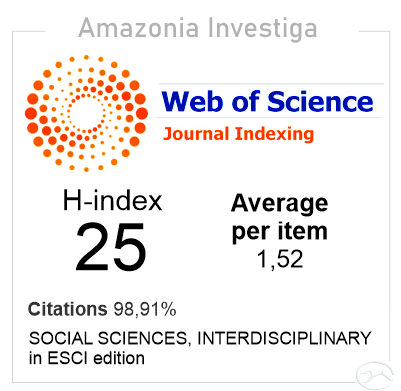



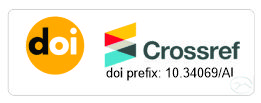



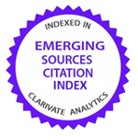
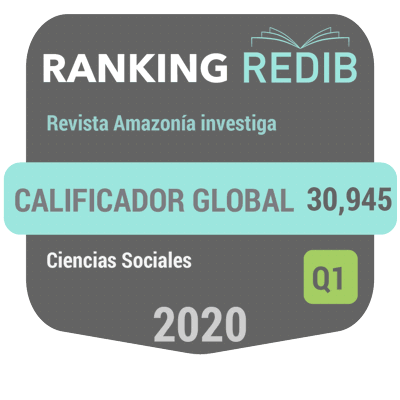




















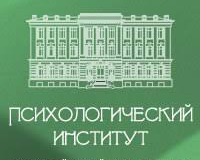












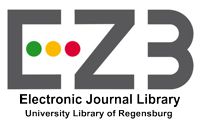





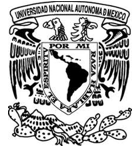











.gif)






